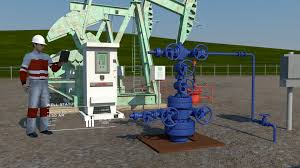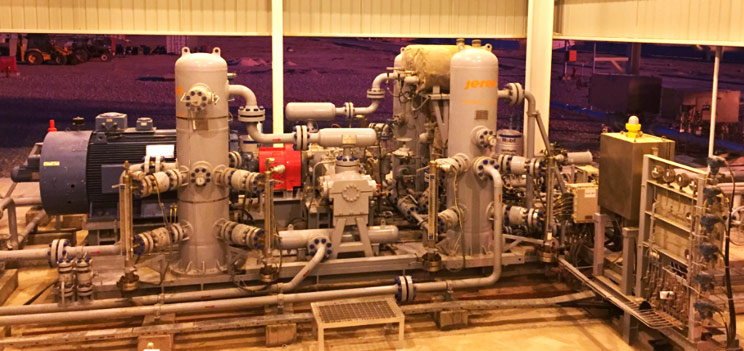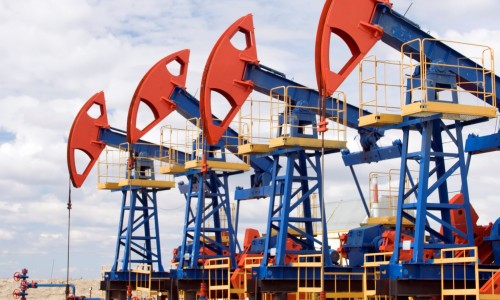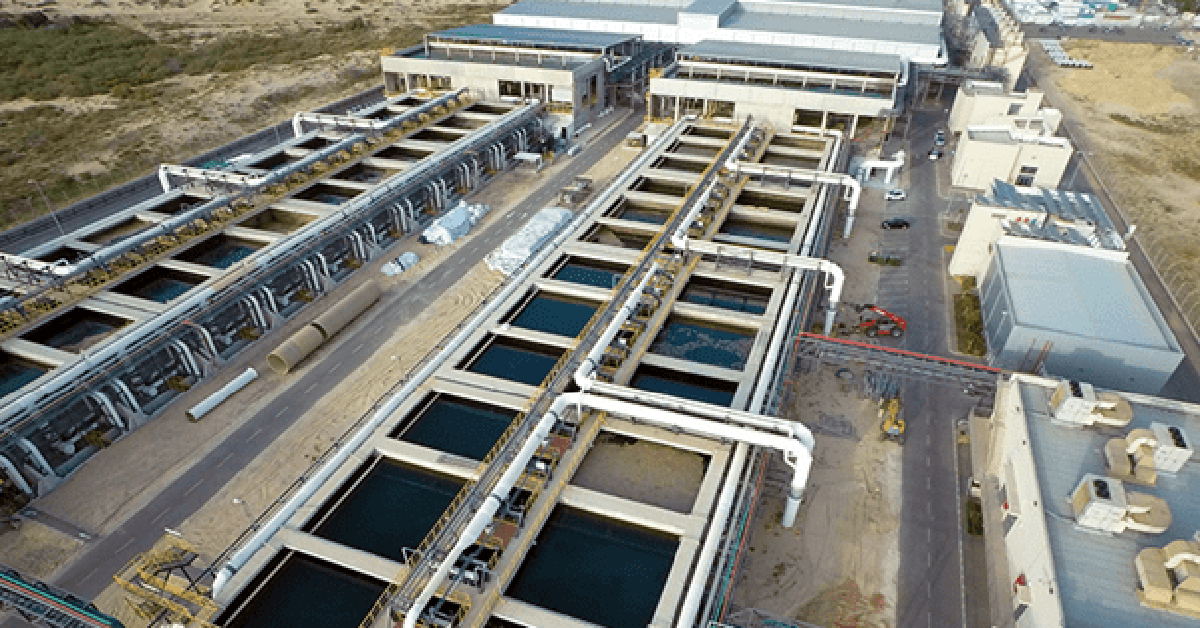

Upon the successful completion of this course, each participant will be able to:-
The first objective of this course is to introduce the concept of NODAL analysis as a tool in production optimization and hence enhancement. Each learner will be exposed to the analysis of various components of the producing system and their effect on the performance of the total production system.
The course is designed for, but not limited to those involved in the production optimization and Artificial Lift System design:
Day 1
Day 2
TUBING PERFORMANCE
Day 3
Artificial lift methods:
Gas Lift Design and Optimization
DAY 4:
Electric Submersible Pumping (ESP) Design and Optimization
The objective is to get extended running times and optimum production rates. Well Design is critical, and governs ESP performance, for either undersized or oversized pump installation.
DAY 5:
CDGA attendance certificate will be issued to all attendees completing minimum of 75% of the total course duration.
| Code | Date | Venue | Fees | Register |
|---|---|---|---|---|
| PE186-02 | 31-05-2026 | Manama | USD 5450 | |
| PE186-03 | 23-08-2026 | Muscat | USD 5450 | |
| PE186-04 | 29-11-2026 | Amman | USD 5450 |

When oil or gas is being produced the reservoir pressure reduces. At a certain point in time it can happen that the pressure in the reservoir becomes too low for production and artificial lift and pum ...

The rapidly increasing worldwide demand for natural gas as an energy source requires expertise in gas engineering technology. Incorporating a balance between theory and application, the course emphasi ...

The main aim of the programme is to introduce participants to up-to-date developments, knowledge and practice in thermal desalination technologies, with emphasis on process design characteristics and ...
Providing services with a high quality that are satisfying the requirements
Appling the specifications and legalizations to ensure the quality of service.
Best utilization of resources for continually improving the business activities.
CDGA keen to selects highly technical instructors based on professional field experience
Since CDGA was established, it considered a training partner for world class oil & gas institution
3012, Block 3, 30 Euro Business Park, Little Island, Co. Cork, T45 V220, Ireland
Mon to Fri 09:00 AM to 06:00 PM
Contact Us anytime!
Request Info